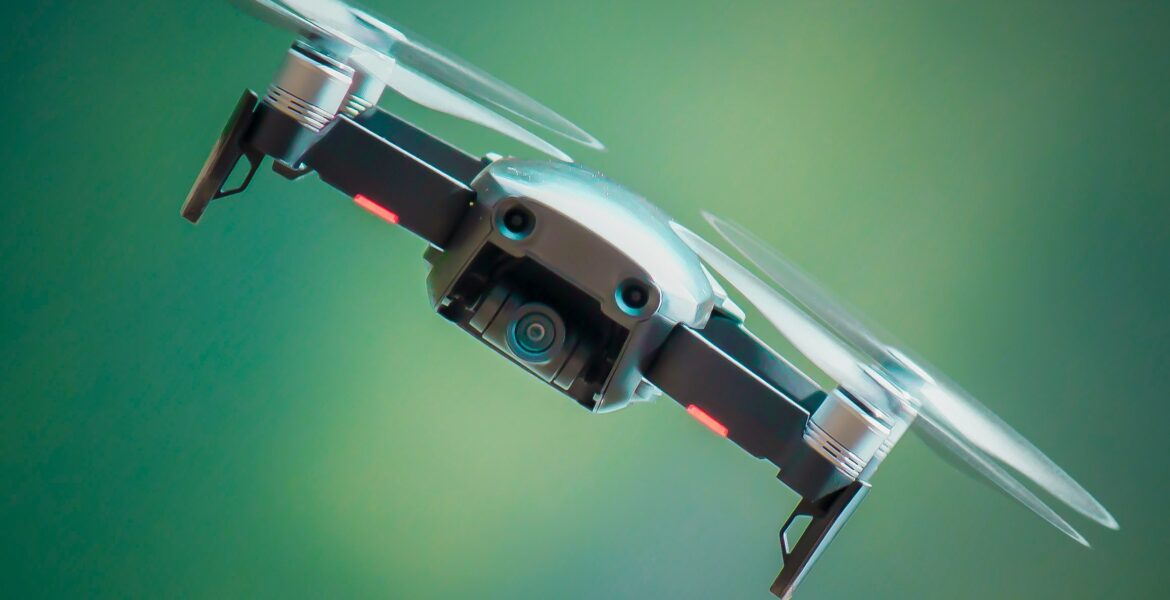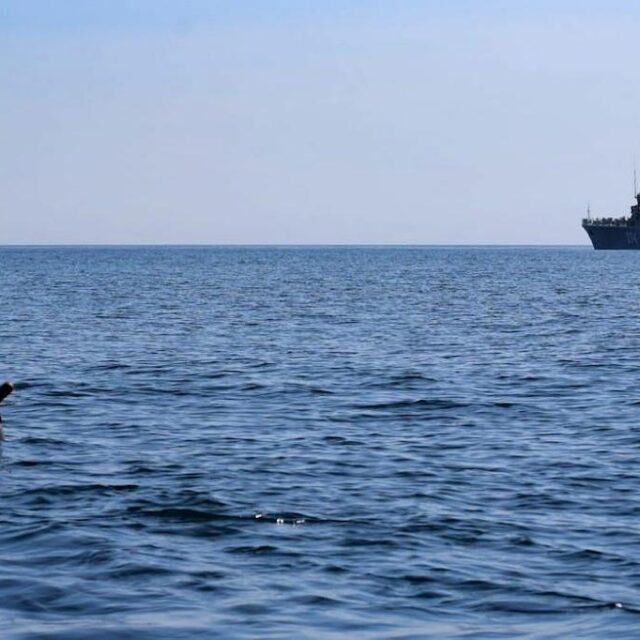Photo by Jonathan Lampel on Unsplash
Chinese companies continue to actively supply components for Russian military drones, raising serious questions about Beijing’s role in the ongoing war in Ukraine. Despite official statements of neutrality and regular calls for a peaceful resolution to the conflict, China is effectively supporting Russian military aggression, shedding light on possible hidden geopolitical interests.
By bolstering Russia’s drone production capabilities, China indirectly contributes to maintaining the combat readiness of Russian forces, thereby strengthening the Kremlin’s position on the front lines. This support is particularly important given Russia’s rising losses and the need to sustain a high level of armaments for continued military operations. In this way, China’s support helps Russia not only conduct military operations but also maintain its position in the long term.
Despite its pretence at a neutral stance, Beijing’s actions may indicate more strategic goals. By avoiding open pressure on Moscow and not imposing strict sanctions against Russia, China is likely pursuing its long-term interests, which include weakening Western positions, preserving access to Russian resources, and strengthening economic and political partnerships with Russia, especially amid the sanctions imposed on Moscow.
This approach may explain Beijing’s cautiousness. By avoiding direct support for aggression, China benefits from the weakening of Europe and the U.S., allowing it to increase its influence on the global stage. From this perspective, the continuation of the conflict in Ukraine may be advantageous for Beijing, as it diverts Western attention from the Asian region, where China has its ambitions, namely Taiwan and the South China Sea.
Despite announced export restrictions on drones and their components introduced in 2023, these measures have not fully halted the flow of products to Russia. Russian companies, such as “SITEM,” continue to receive critical components from China through third countries, allowing the Russian military machine to function. Chinese exports of key parts, such as engines and microelectronics, are still used for the production of Russian drones actively employed in combat in Ukraine.
Chinese companies like “Guangzhou Dupre Export & Trading Co Ltd” and “Hmk Trading Company Ltd” play an important role in these supplies. Although these firms are not sanctioned, they actively cooperate with Russian enterprises that are under international restrictions and continue to supply components for military equipment.
The example of “SITEM” illustrates the complex relationship between China’s official position and its real actions. Despite sanctions and international pressure, “SITEM” continues to receive drone components from China, circumventing restrictions through intermediaries. This example highlights how China exploits loopholes in sanctions regimes to maintain economic ties with Russia.
The continuation of such supplies raises doubts about China’s true intentions. Beijing seeks to retain influence in Moscow, strengthen its economic partnership with Russia, and simultaneously present itself as a neutral and responsible player on the world stage. However, this duality poses risks for China-West relations. Western countries are increasingly aware of China’s role in supporting Russia, which may lead to increased pressure on Beijing and the threat of new sanctions.
The coming months will be crucial in determining China’s future policy regarding the war in Ukraine. The question of whether Beijing is willing to adhere to its international commitments and principles of neutrality remains open. China faces a choice: either continue its covert support for Russia or take a clearer and more responsible position on the international stage that aligns with its ambitions as a global leader.




